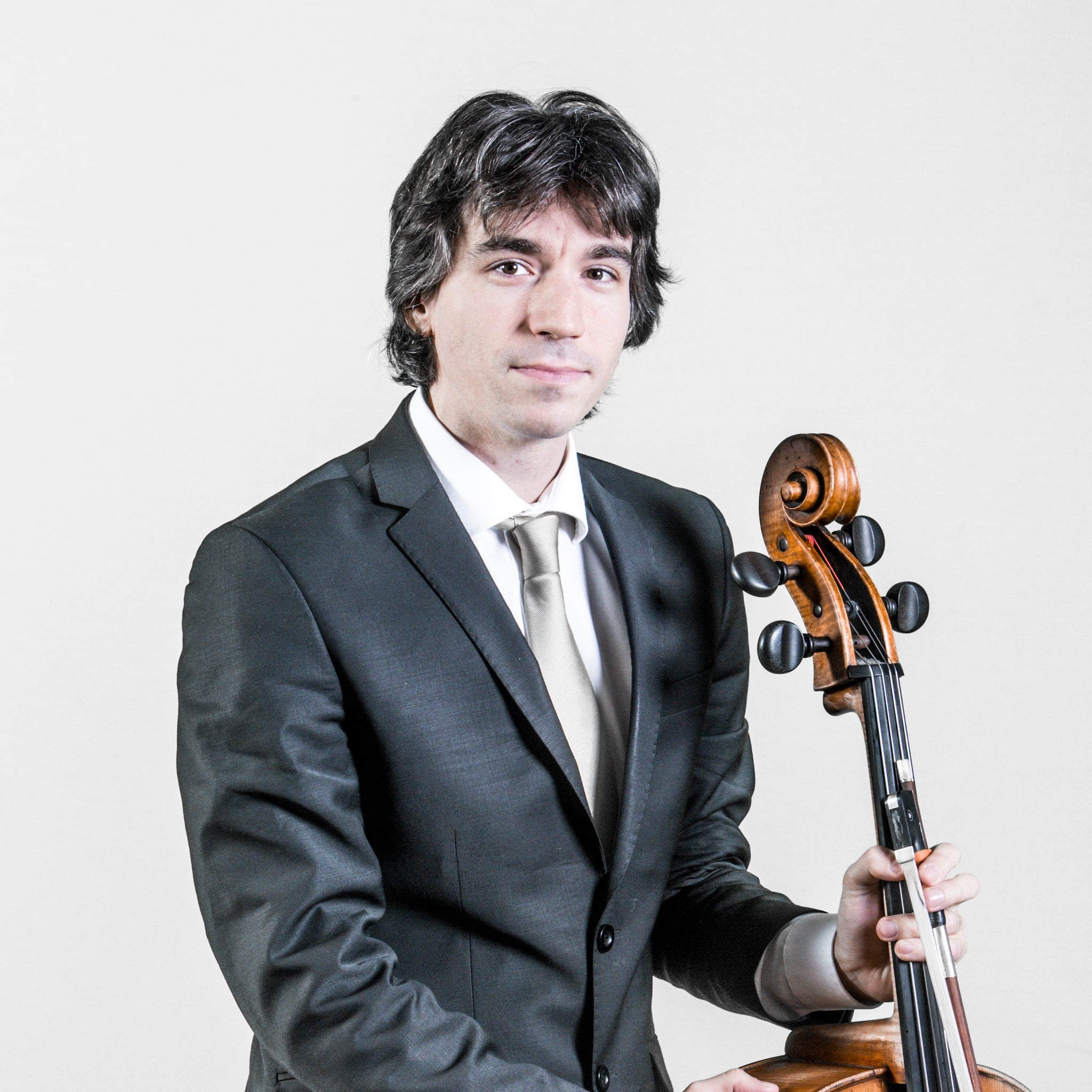Ivo Pogorelich: I receive information from great composers
mainFrom an interview with Christian Berzins in the NZZaS:
Can you define your attitude?
Yes. I am no more than a servant of the composer. I’m completely satisfied with that, because I get a lot of bonus from Beethoven or Chopin. Even if they do not live anymore, they send it to me. And I am able to reflect it.
I do not understand that.
On my new CD you will find the B-minor Sonata by Rachmaninov, I’ve been playing it for more than thirty years now. I had incredible success with it: cheers, standing ovations – everything. But personally, I was never happy with myself. There was something behind seven corners that I could not access. But I wanted to find him, complete the sonata for me! It took many years. But it was not like Beethoven, when I came to a solution. Or at least I answered to Beethoven the questions I had asked him. That’s the bonus I talked about, which I got from Beethoven. It is not something that falls from the sky. This makes my work easier and makes the composer more interesting. But I have to translate this bonus.
You do not get this information from the notes?
The score is dead and the instrument is a piece of furniture without the pianist. The text is part of a library – like papyrus. What should I do with it? I receive the information from myself. You have to interpret the text.
Well, but if the composer wrote “p” for quiet, an “ff” for very loud, or “very fast,” I should follow that prescription.
No, that’s information that I have to translate. You, Mr Berzins, can buy the sonata, the waiter there can buy it, I can buy it: but are we all capable of reading anything out of the notes? I think I am capable of finding something in it if it is Beethoven. For I am privileged to stand by its tradition: if you look back, I’m number 7 in the line to Beethoven – in the direct line! Number 5 even in the direct line of Franz Liszt! Pupils became teachers, had students – that’s all well documented, including the years. Like a certificate I carry this pedigree in front of me. Mine even goes back to Bach! At least I am number 12 in the line. But back to the questions of what role the artist plays! Why are we respected in some way?
… The composers “tell” you how to play or translate the works. Does that mean that the composer would be the best performer of his works?
Not at all! Composers should not be considered as examples of how their works must be played. There are two reasons for this: If you’re a chef in a restaurant and prepare a turbot, you’re not going to eat that fish in the evening, preferring a piece of bacon. They are fed up with this fish flavor. If you, as a composer, are in a creative process, then overwhelm yourself with emotions and thoughts. Anyone with a fixed idea takes over! And yet the question then arises as you move from one place to another, as you transfer the composition to the listeners.
It obviously needs someone like you who understands the composer.
Yes, and it takes surprise elements that a composer no longer has: but the surprises are the most important thing in the work of an interpreter. The composer allows much more in the text than to play the work in his own way. It’s me who translates everything. We musicians are respected because we invest our energy to interpret something. Maybe I play a little better than others? I do not know, but I do not overestimate my role. I am only the intermedium of Bach or Ravel.
Are there different performances for you? Or do you each strive for the same as possible?
None is repeatable! Give me the Elbphilharmonie for a month, I play the same program every night, and you will hear a different concert every night! I am not an alien, but a human! A flight and a concert are a physical act. Yesterday I had to play 50 minutes twice: 50 minutes alert, 50 minutes my body had to do something constantly.
Is the audience important to you?
I play for the listeners. I need them to listen.







Comments